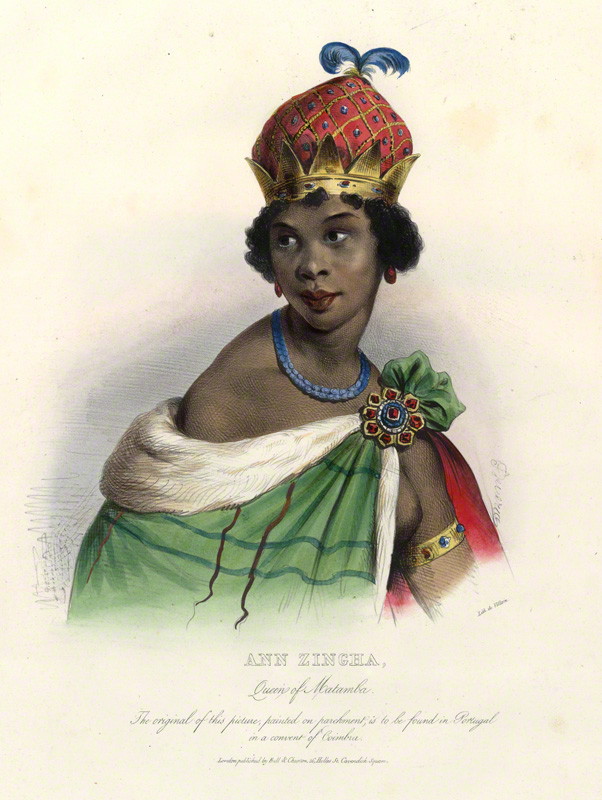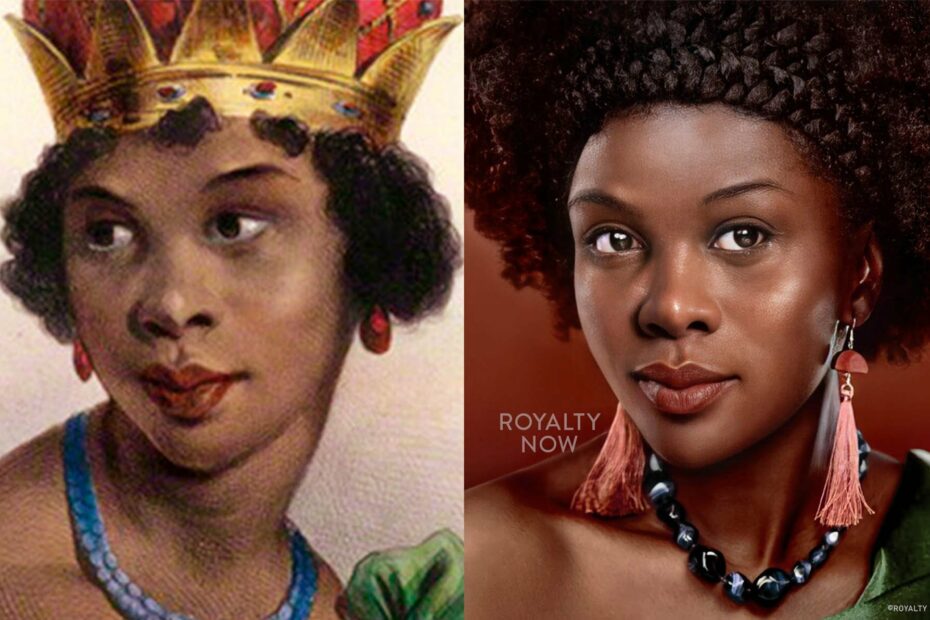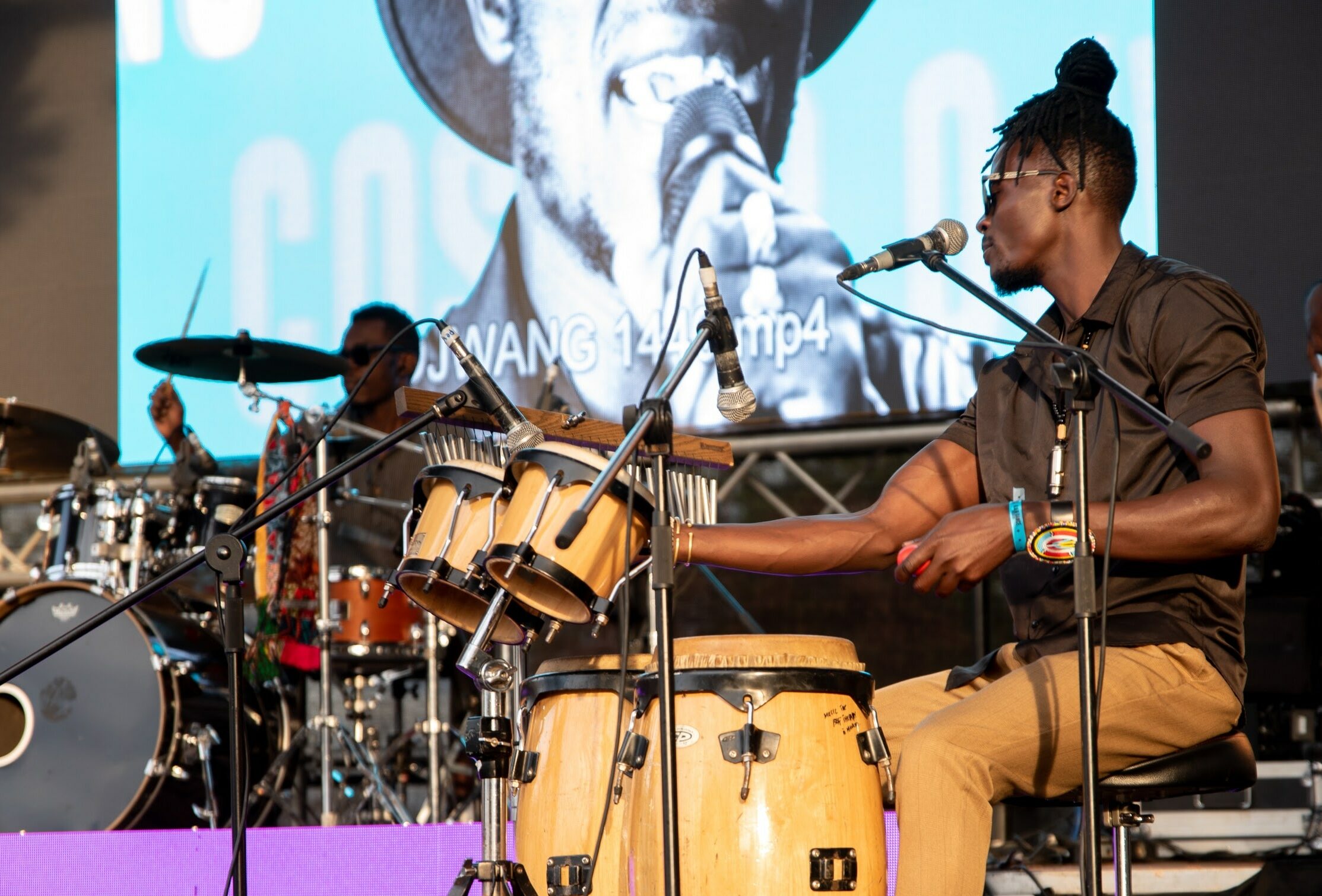In the late 1500s and early 1600s, coastal African states faced threats from Portugal trying to colonize Luanda (now in Angola). These states grew strong through the slave trade, demanded by colonies like Brazil. Portuguese attacks and African raids disrupted old trade, forcing leaders to adapt or be destroyed. Queen Ana Nzinga of Ndongo rose amid this chaos.
Born into an era of darkness, her desire to lead, ensured her people were kept safe against the Portuguese invasion and slavery. She created an army of soldiers with the ability to dodge arrows, because of their agility. She loved her country, made great sacrifices, only African leader to be recognised by European leaders as an African Queen. Have a look at a fierce, brutal, cruel hard, smart, clever, and powerful African QUeen ready to do anything for her people. She became a beacon of light for her people.
In 1624, Ana Nzinga inherited Ndongo, besieged by Portuguese and neighbors. To survive, she allied with Portugal, stopping slave raids but was betrayed in 1626. Nzinga fled west, founding Matamba, welcoming runaway slaves and building a strong army called kilombo. She rebelled in Ndongo and allied with the Netherlands against Portugal, briefly seizing Luanda. Despite setbacks, Nzinga made Matamba a powerful trading state, equal to Portuguese Angola by her death in 1663 at eighty-one. Her story became famous in Europe after a biography in 1769.
You can watch the trailer of Queen Njinga Movie released on Netflix here
Facts about Queen Ana Nzinga
Famous for: Famous as the Queen of the central African realms of Matamba and Ndongo, she was recognized for her adept negotiations and conflicts with the Portuguese, striving to safeguard her nation’s sovereignty and curtail the slave trade.
Another Name: Dona Ana de Sousa, Nzinga Mbande, Njinga Mbandi, and Queen Njinga
Date of Birth: 1583
Parents: Ngola Kiluanji Kia Samba and Kengela ka Nkombe
Death: December 17, 1663
Early Life and Turmoil
Many know of famous queens like Elizabeth I or Cleopatra, but have you heard of Queen Nzinga? She was a remarkable leader known for her negotiation skills and bravery. Born in 1583 in Luanda, Angola, Queen Nzinga grew up in the Ndongo kingdom. Her life was marked by intelligence and challenges, including fleeing her cruel brother, King Mbandi.
Facing Portuguese Threats

The Portuguese set up a fort in Luanda in 1617, encroaching on Mbundu territory. In 1622, they invited Ngola (King) Mbande to a peace conference there. As Mbande couldn’t attend, his sister Nzinga went instead. She understood the delicate situation, aware of Portuguese domination in Kongo.
Realizing the importance of maintaining relations, Nzinga sought equality in meetings. In one, noticing only the governor had a chair, she improvised, using an assistant as her seat to assert her status in front of the Portuguese representative.
Portugal targeted Ndongo for enslavement and silver mines. In a historic meeting with Governor Corria de Sousa, Nzinga asserted her equality, aiming to protect her people while maintaining peace.
Nzingawas in a dilemma and, hence forced to compromise, including converting to Christianity, to protect her people from Portuguese raids. Despite agreements, Portugal broke their promises, forcing Nzinga to flee and establish Matamba.
Fighting European Colonizers
Nzinga allied with the Netherlands against Portugal temporarily but focused on building Matamba’s power. Her legacy lives on as a defender against the Atlantic Slave Trade’s horrors. In 1626, Nzinga ascended as the Mbundu Queen after her brother’s suicide amid Portuguese pressure for slave trade rights.
Refusing to yield control, she rallied alliances against the Portuguese, sparking a thirty-year war in 1627. She aligned with the Dutch, triumphing over the Portuguese in 1647. Despite setbacks, even as she entered her 60s, Nzinga led battles and orchestrated guerrilla \attacks. Her resistance lived on past her death, influencing the successful 20th-century armed struggle for Angola’s independence in 1975. Despite Portuguese attempts, Queen Nzinga passed away peacefully in her eighties on December 17, 1663.
Martial Arts of Sanguar
The Legacy of Ana Nzinga, Queen of Ndongo

Queen Nzinga’s courageous stand against colonizers remains an inspiration. What similarities or differences do you see between her and other famous queens? How might you have handled her challenges?
Bottomline
Ann Zingha, also known as Queen Nzinga Mbande, led the Ndongo and Matamba Kingdoms of the Mbundo people in 17th-century Angola. She fiercely battled the Portuguese for her kingdom’s freedom and recognition. Acting as an envoy for her brother, King Ngola Mbande, in peace talks, she showcased exceptional political and diplomatic skills.
Upon her brother’s death in 1624, a faction elected her as Queen, facing opposition from rivals who sided with the Portuguese to oust her. Undeterred, her strategic leadership transformed her kingdom into a thriving commercial state challenging Portuguese colonies.



